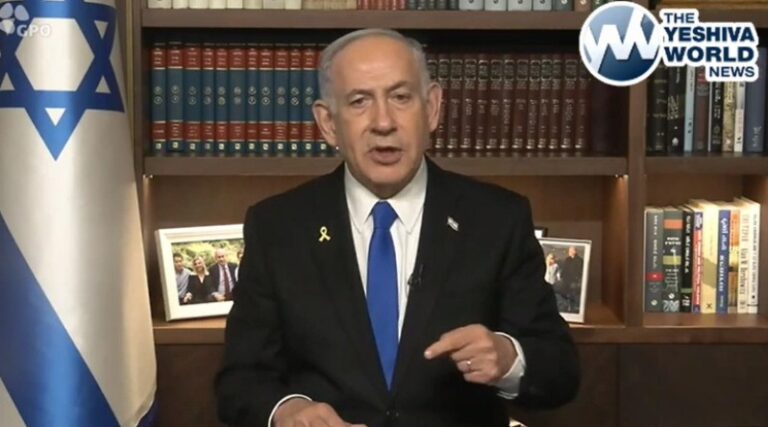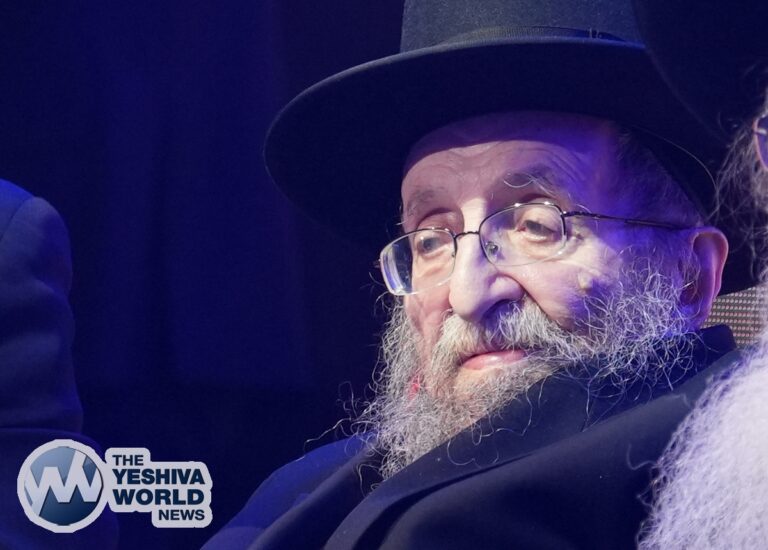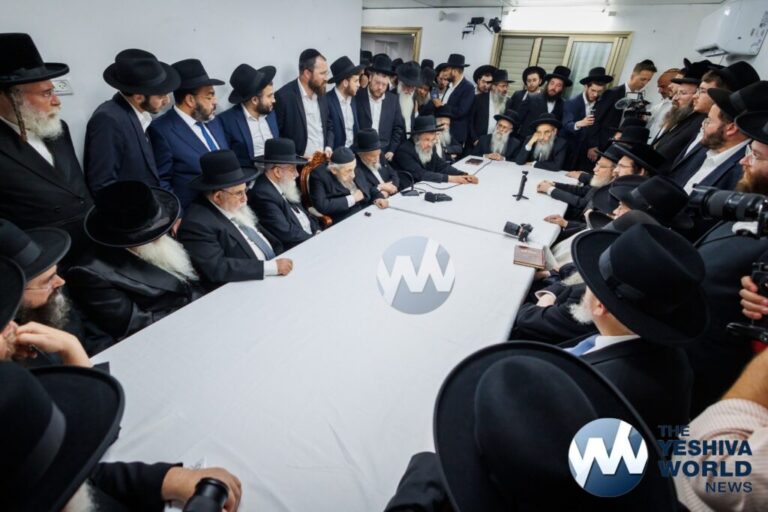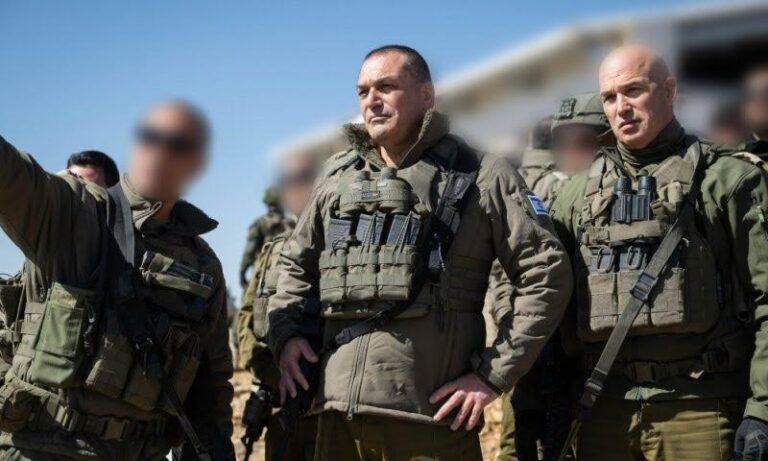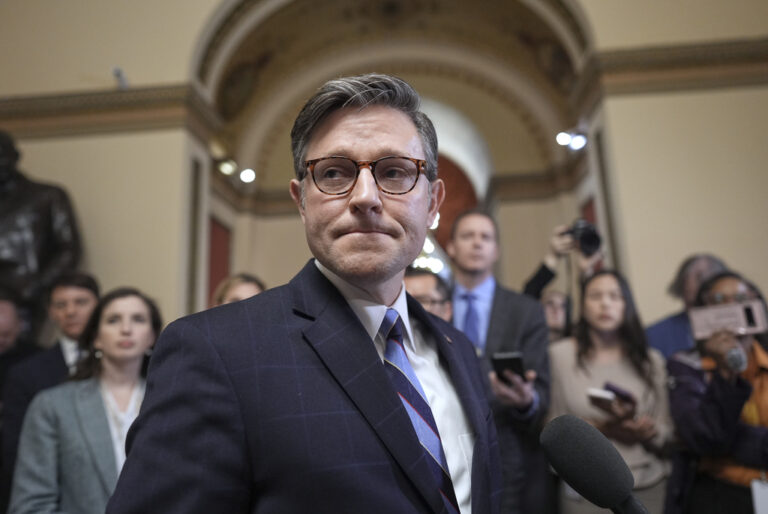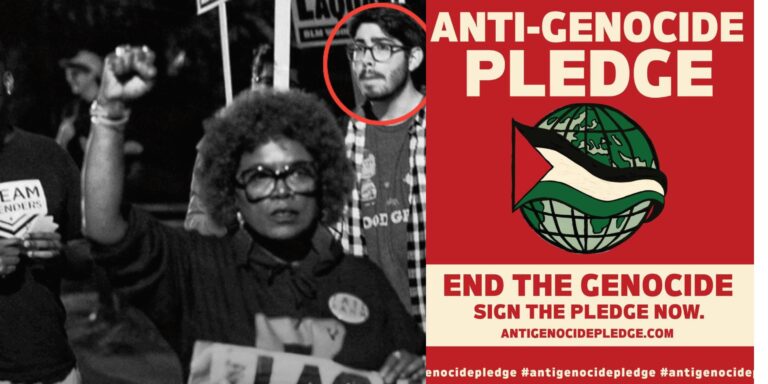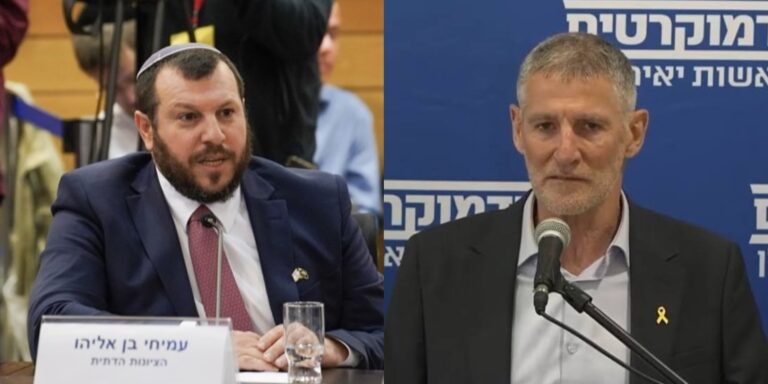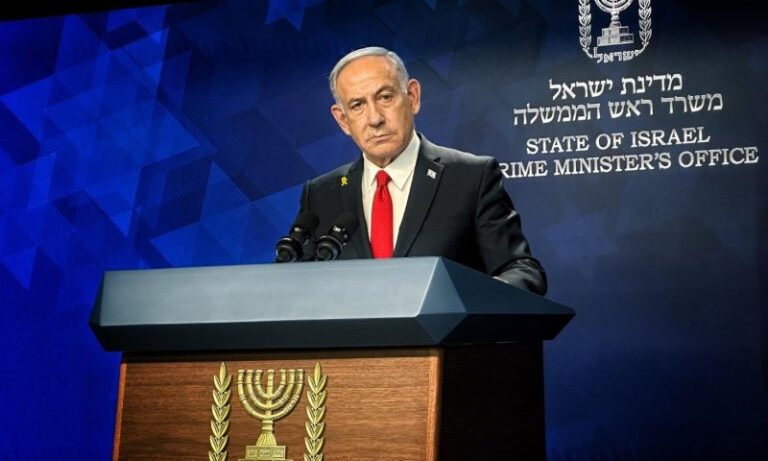A central part of this week’s Sedra is the Korach-led rebellion. Korach spearheaded a challenge against Moshe Rabeinu’s and Aharon Hakohen’s powers. In doing so, he was able to draw on a large following, many of whom were Tzadikim and people of stature. Moshe Rabeinu’s response was not to counter the mutiny head-on but rather to challenge Korach and his followers. Moshe Rabeinu proposed to Korach and his assembly that they all offer Ketores (bring an incense offering). He then told them, In essence, “we’ll see whose offering Hashem is willing to accept, and whose offering Hashem doesn’t accept”.
Moshe Rabeinu at first appeared bold and ready to prove his and his brother’s credentials. He then, however, seemed to waver, with what looks like a note of desperation creeping in. Moshe Rabeinu is described in the text as pleading and begging of Hashem not to accept the Karbonos. Was Moshe Rabeinu not sure of what the results would be? Did Moshe Rabeinu have doubts that he and Aharon were to be the leaders of Am-Yisroel?
In the final hour, as the Ketores ’test’ was about to take place Moshe Rabeinu tells Korach and his assembly that the real proof as to whom Hashem has assigned to lead Klal-Yisroel isn’t whether Hashem accepts the Ketores or not. Moshe Rabeinu explains the test will be whether those who offer the Ketores and aren’t deemed the “correct” people then die a supernatural death. In other words, should they then die an ordinary, normal death, there would be no proof of anything.
Why was it necessary for them to die a supernatural death in order to prove that Moshe Rabeinu was right? Why did that death have to be supernatural? Why could it not be natural?
In last week’s Sedra after the Meraglim talked slanderously about Eretz-Yisroel, Kalev took a leadership role in quieting the Nation, and began to convince Klal-Yisroel that they could capture Eretz-Yisroel. Yehoshua on the other hand, although he didn’t fall into the ill doings of the Meraglim, didn’t take up the lead (See K’sav Sofer). While Kalev seemed to be the more natural leader, it is Yehoshua who ends up assuming leadership upon Moshe Rabeinu’s passing. Likewise, when Hashem chose Moshe Rabeinu over Aharon HaCohen to lead Klal-Yisroel, Hashem seemed not to make the natural choice. Aharon HaCohen was well liked, while Moshe Rabeinu had a lisp and was already somewhat disliked by some (i.e. Dassan and Avirom who reported him to Paroh).
Korach was a talented individual. He was able to inspire an uprising against the most powerful leadership team. Moshe and Aharon together had led Klal-Yisroel through the thick and thin. They were the emissaries of many of Hashem’s wonders performed for Klal-Yisroel in Mitzraim and in the Midbar. Nonetheless Korach managed to stir the masses against Moshe and Aharon. In any regular society in all likelihood Korach would have succeeded in becoming the leader. It was for this reason that a supernatural death was necessary. Moshe Rabeinu knew that in order to break the following of Korach something supernatural was necessary.
In Judaism leadership isn’t merely based on leadership qualities or popularity. Rather, true leadership is based largely on actual Tzidkus and Chochmas HaTorah.
A very warm Good Shabbos, Rabbi Y. Dov Krakowski


